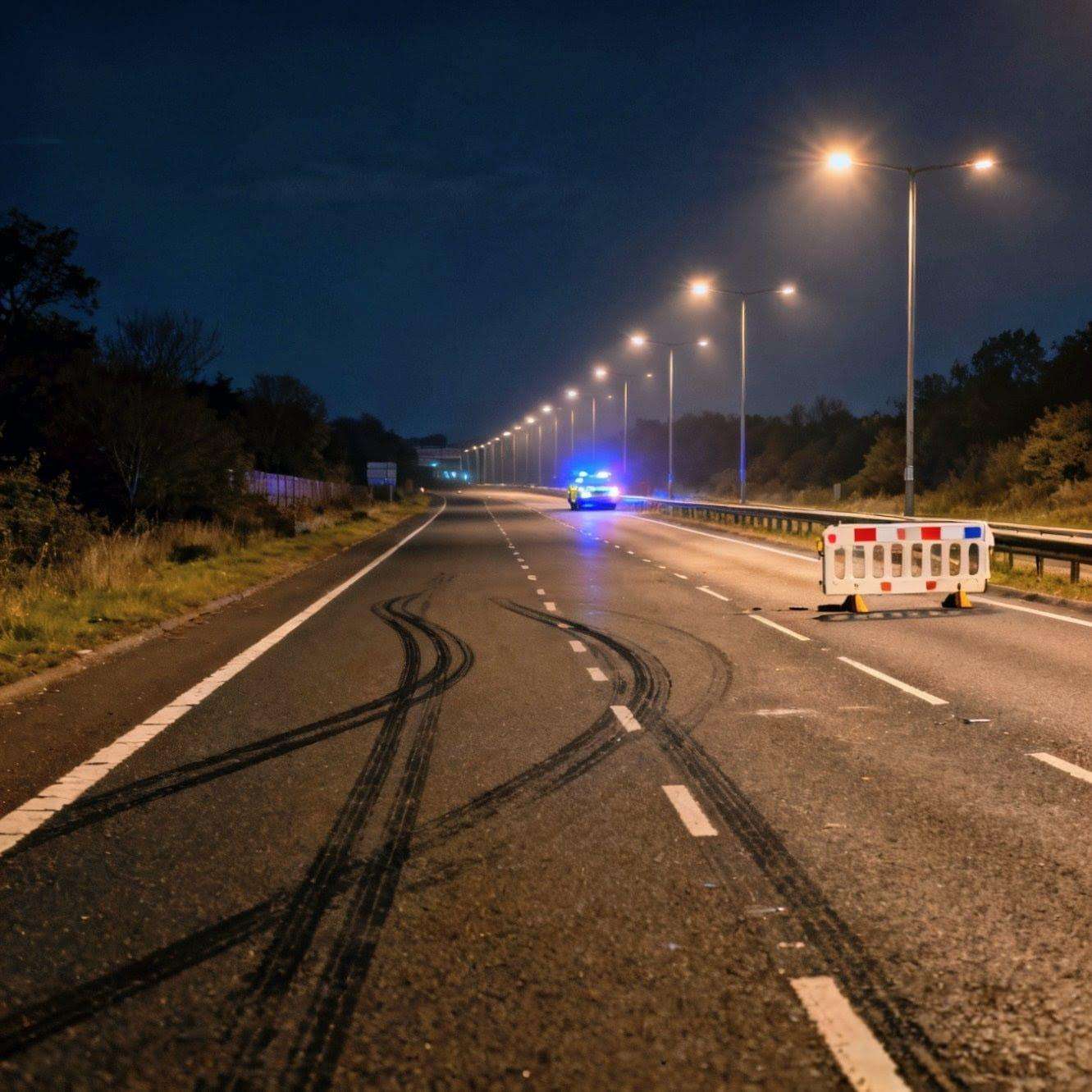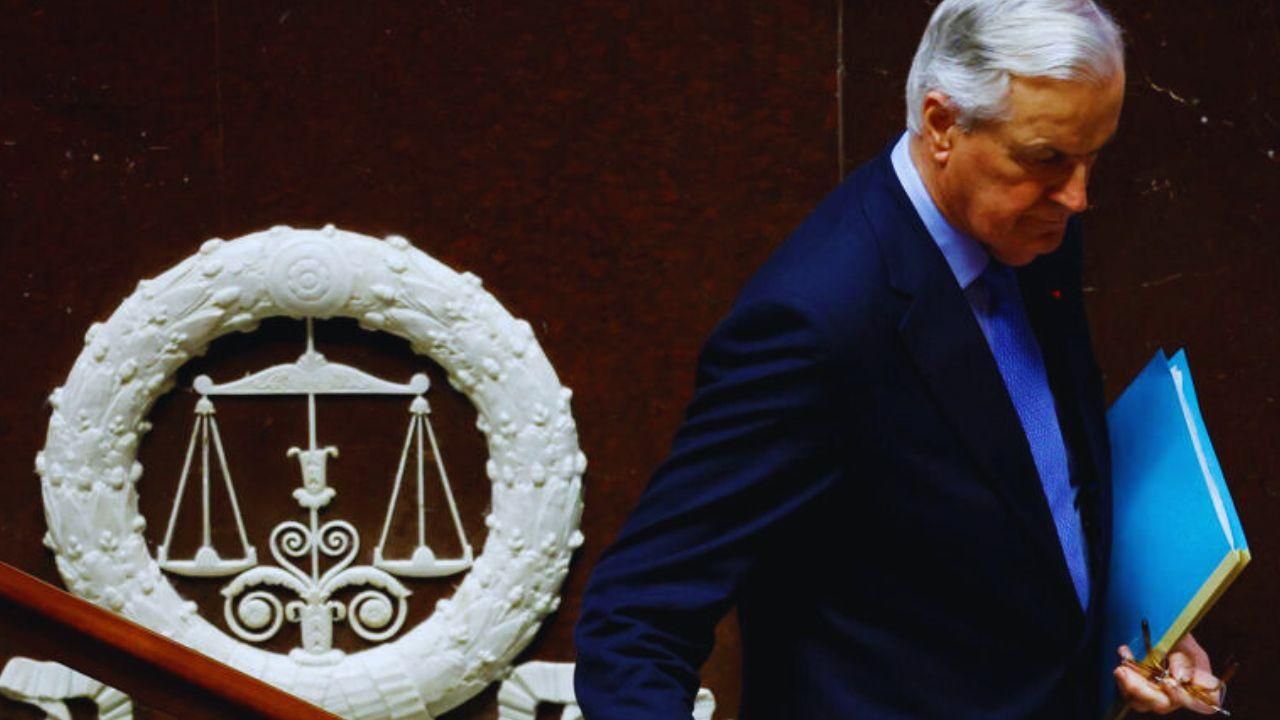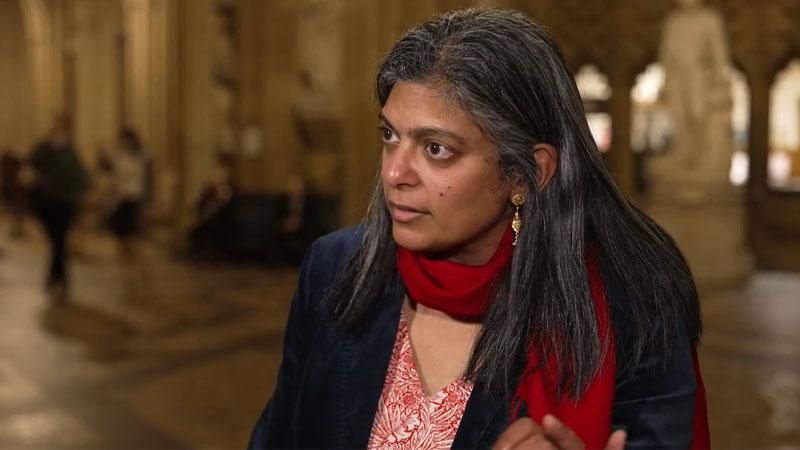After lawmakers voted to overthrow Prime Minister Michel Barnier's cabinet on Wednesday night, France was plunged into yet another round of political unrest.
With more than two years of his presidential term remaining, Emmanuel Macron faces a power vacuum following the removal of the 73-year-old former EU chief Brexit negotiator after only three months in office.
In a stalemate over the austerity budget for the following year, members of Marine Le Pen's populist National Rally party supported a resolution of no-confidence put up by a Left-wing coalition.
“The choice we have made is to protect the French,” said Ms Le Pen after sharply criticising Mr Barnier’s budget plans for next year as “dangerous and unfair”.
In all, 331 MPs out of 577 backed the vote, which marked the first time a French government has fallen since 1962.
It leaves questions over whether Mr Macron can remain in power, and political uncertainty across Europe as Germany’s government also unravels.
Mr Barnier is expected to tender his resignation to Mr Macron on Thursday at 9am, which is a constitutional obligation following a vote of no confidence.
He becomes the shortest-lived prime minister in the Fifth Republic, designed to avoid parliamentary instability and boost the powers of the president.
But in his last address to parliament, Mr Barnier, who was warmly applauded by his camp, warned the tough economic choices that saw him draw up a budget with €40 billion in savings and €20 billion in tax rises “won’t disappear by the magic of a no-confidence vote”.
“This reality will come back to haunt any government whoever it is,” he said.
Any new prime minister appointed by Mr Macron will face the same challenges as Mr Barnier in getting bills, including the 2025 budget, adopted by a divided parliament.
There can be no new parliamentary election before July, a year since Mr Macron held snap elections with no clear winner to control parliament.
Many sources close to the head of state said he needed to appoint his sixth PM in seven years by this weekend at the latest, because of the reopening of Notre Dame Cathedral.
Some 50 world leaders will be in Paris to attend ceremonies including Mass in the ancient place of worship, which was almost destroyed by fire in 2019.
Among them will be Donald Trump, the US president-elect, who – say the sources – would expect to be greeted by President Macron and his prime minister.
“It would be extremely embarrassing for France not to have a prime minister in place during such an important diplomatic weekend for the country,” said one source.
“This is why President Macron is expected to do everything he can to find a replacement for Mr Barnier by Friday at the latest.”
In the meantime, Mr Macron will be addressing the French nation on live TV on Thursday evening.
His primary aim will be to assure people that he can appoint a new prime minister who can show that the EU’s second-largest economy is not ungovernable.
‘Country faces a deep crisis’
It followed Mr Barnier himself accusing MPs of acting irresponsibility by bringing down his government, while also pointing to deep institutional problems in the Fifth Republic.
During what turned out to be his final speech as PM, as he pleaded for colleagues not to vote against him, he said: “I cannot accept the idea that institutional destabilisation could be the objective that brings together a majority of deputies at a moment when our country faces a deep moral, economic, financial and civic crisis.”
Many suggested he knew his fate was sealed, and that he had told another minister earlier in the week: “This Assembly is impossible. I sincerely wish the next team the best of luck.”
Wednesday’s heated parliamentary debate also involved numerous calls for Mr Macron himself to resign.
Ms Le Pen suggested Mr Macron would “sacrifice the fate of France because of his vanity” in failing to go.
She said: “Emmanuel Macron has attacked the foundation walls of the nation for the past seven years.”
Ms Le Pen said only Macron’s resignation could “pull the country out of the rut it’s in”.
On the other side of the Assembly, Mathilde Panot of the far-Left France Insoumise (France Unbowed) party said Wednesday’s vote was a defeat for “all of Emmanuel Macron’s policies”.
Ms Panot added: “To break the deadlock, we ask for Emmanuel Macron to go.”
Éric Coquereal, also of France Insoumise, said: “This government has never had any legitimacy and the responsibility for it lies more with Mr. Macron than Mr. Barnier.”
Mr Coquereal said Mr Macron should appoint a Popular Front government, and then resign.
“The questions should be about the future of Mr Macron – the solution is presidential elections,” said Mr Coquereal.
Mr Barnier ultimately fell after failing to win parliamentary support for a social security budget aimed at saving the equivalent of £50billion.
Unable to raise a majority in the hung parliament created by the snap election over the summer, Mr Barnier said he would push the budget through via a presidential decree.
Macron confident of survival
Such a move has become increasingly common under Mr Macron, who is accused of ignoring democracy.
In turn, Mr Macron is confident that his presidency will survive the government collapse.
The institutions of the Fifth Republic are geared towards the presidential government, and he will be able to appoint yet another new prime minister whenever he wants.
A so-called “special measure” will also ensure taxes remain the same, and civil servants are paid.
Pledging to remain as president until 2027 – when his second term of office ends – Mr Macron said he would stay “until the last second, so as to be useful to the country”.
Some opponents were even showing some support for Mr Macron on Wednesday, with Jordan Bardella, the president of National Rally, saying he was “respectful of institutions,” adding: “There is no justification at this time for the President of the Republic to leave.”








.svg)



